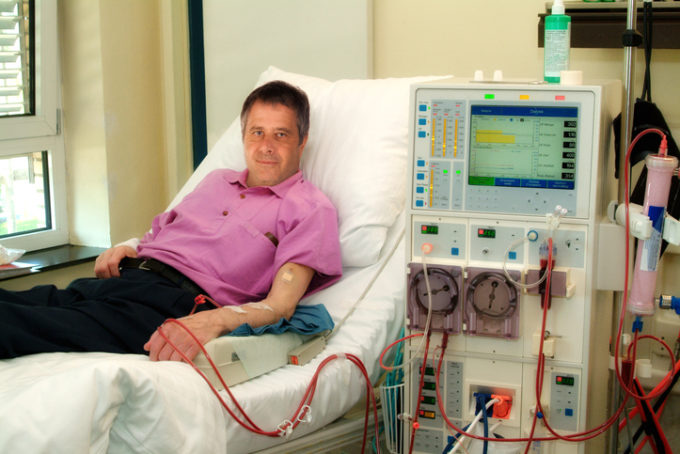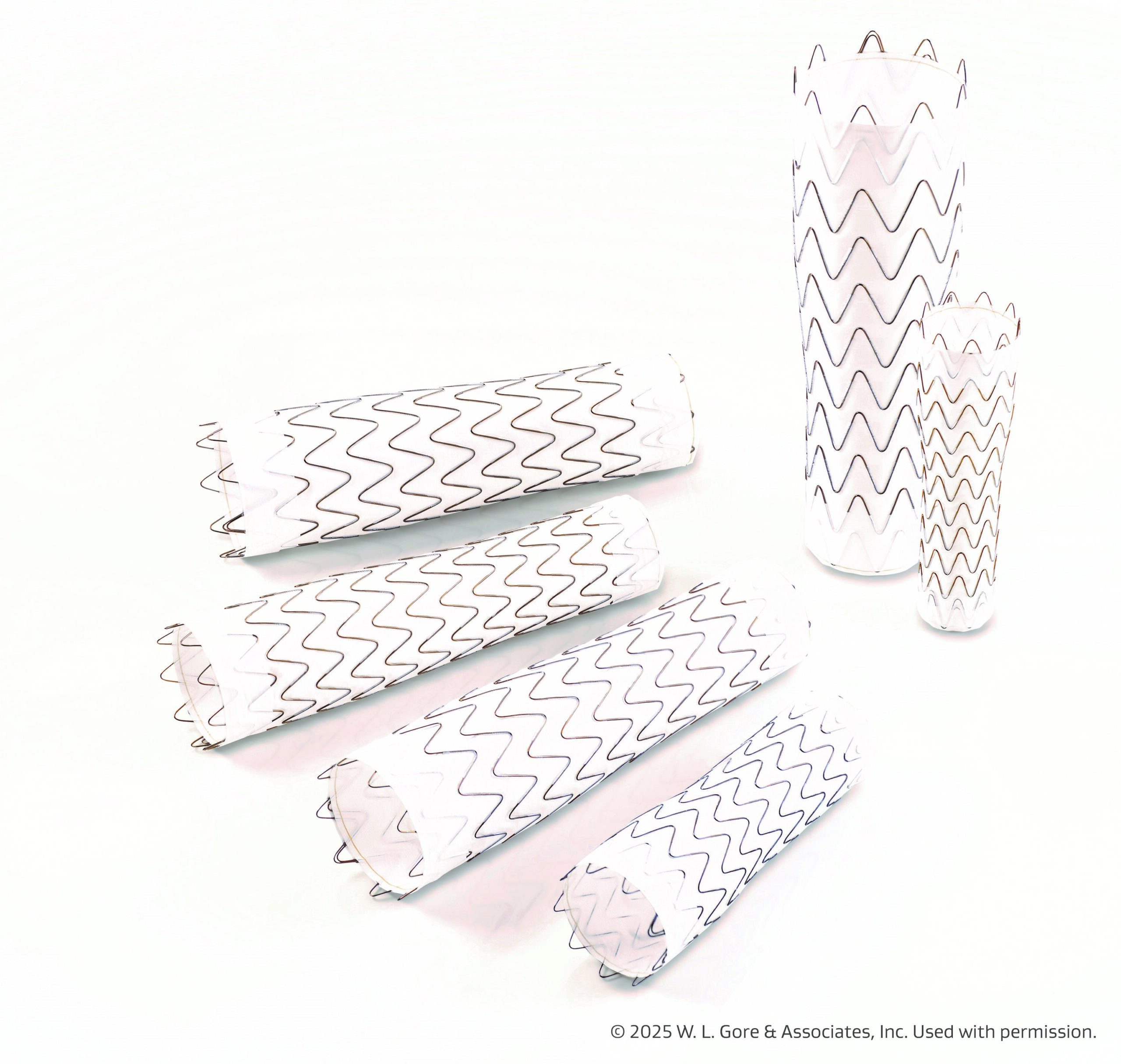
Recent research, performed by Peng Wang and colleagues from the Department of Geriatrics at the Second Affiliated Hospital of Chongqing Medical University in Chongqing, China, appeared to show that catheter ablation (CA) can greatly reduce the rate of adverse events and improve clinical outcomes in patients with atrial fibrillation (AF) when compared to traditional drug therapy.
The report, published in Annals of Palliative Medicine, stated that CA reduced the occurrence of pain, adverse reactions, and rehospitalization in patients with AF. “For this reason, CA is a suitable treatment for AF patients who do not effectively respond to drug therapy,” the study collaborators postulated.
The analysis included 13 randomly controlled trials with 2,098 patients that assessed the surgical effect of CA. Review Manager 5.3 software was used for the meta-analysis of the articles.
The meta-analysis showed that patients in the CA group had:
- increased effects of clinical treatment (mean deviation [MD] = 3.91, 95% confidence interval [CI] 3.15–4.85, Z = 12.36, P <0.00001)
- improved daily life function (MD = 1.45, 95% CI 1.03–1.87, Z = 6.82, P <0.00001)
- increased quality of life score (MD = 14.15, 95% CI 7.24–21.05, Z = 4.01, P <0.0001)
Patients treated with CA also experienced reductions in:
- postoperative pain level (MD = 2.5, 95% CI–3.11 to –1.89, Z = 8.04, P <0.00001),
- reoccurrence of symptomatic AF (odds ratio [OR] = 0.27, 95% CI 0.11–0.67, Z = 2.82, P = 0.005),
- rehospitalization (MD = 0.15, 95% CI 0.07–0.31, Z = 5.11, P <0.00001),
- other arrhythmia (MD = 0.33, 95% CI 0.18–0.6, Z = 3.62, P = 0.0003),
- pulmonary vein stenosis (MD = 0.32, 95% CI 0.14–0.72, Z = 2.74, P = 0.006),
- and body weakness (MD = –2.84, 95% CI –3.24 to –2.45, Z = 14.16, P <0.00001).
The authors noted that the large publication bias in some of the included trials limited their analysis. Additionally, some indicators had very few samples due to differences in research direction. They stated that, in future studies, “it will be necessary to select larger samples of high-quality CA treatments to verify its effect on AF.”
Ultimately, though, they suggested that their data provided theoretical support for the clinical use of CA in patients with AF, with the potential for CA treatment to be “significantly superior” to traditional drug therapy.







 © 2025 Mashup Media, LLC, a Formedics Property. All Rights Reserved.
© 2025 Mashup Media, LLC, a Formedics Property. All Rights Reserved.